The Wimborne Militia of Dorset prides itself on being the only formally commissioned ‘private army’ in England. We’re well known locally but less well known in California, which is perhaps why Facebook banned our homepage a few weeks ago, thinking we were a right-wing Trumpian ‘militia’. Its algorithm seems not to recognise historical re-enactment societies, which is a shame. They are an important part of British cultural life.
I’ve been a historical re-enactor since 1983 and I’ve found that my fellow amateur historians are happy with the moniker of ‘mostly harmless’ eccentrics. The Wimborne Militia, a band of about 50, receives from the town council a commission ‘to further historical research into the history of the town and its surrounds, in particular events pertaining to the 17th century’. As part of our commission, we have planted and maintained a public Physick Garden of plants and herbs for medicinal, culinary and decorative purposes.
At the annual ‘mayor making’ we escort the outgoing Wimborne mayor to the town hall to ensure the safe return of the solid silver chains of office. The soon to be ex-mayor buys the militia a drink to thank us for our service. After the ceremony, the new mayor is paraded home and also invited to buy a drink for the militia to ensure our loyalty for the coming year of office.
During these Covid days, we have entertained ourselves with an online spoon-whittling competition run via social media. When our group was banned from Facebook, we asked the BBC for help as they appeared to have a link to the elusive Facebook offices. Thankfully we have now been reinstated. Other innocent historical groups in the US have experienced similar expulsion.
Although you can find a re-enactment group for almost any period of history, the English Civil War, disgracefully under-taught in schools, is the most popular. It inspires the most impressive battle recreations, sometimes involving thousands of people, who fight each other with pikes, muskets, cannons and cavalry. At Chalke Valley History Festival we have built an encampment and working examples of devices such as da Vinci’s ‘Ratchet Cannon’ and a handheld ‘Eprouvette’ for grading and testing gunpowder.
There is, of course, a less serious side to this quest for ‘authenticity’. One of my most memorable experiences was in the summer of 1985, when members of the Sealed Knot Society recreated the Duke of Monmouth’s rebellion to commemorate the 300th anniversary of the last major armed rebellion in England. We began with Monmouth’s landing at Lyme Regis, and followed the route he took to Somerset, complete with skirmishes, before ending with the final defeat at Sedgemoor. Unbeknown to the commanders of the two armies, during the re-enactment of the battle of Midsomer Norton, someone arranged for the police to come on to the battlefield with blue lights and sirens to arrest the protagonists, clap them in irons and cart them off. The villains took it well and even the more historically pedantic participants were able to accept this small revision of events.
Got something to add? Join the discussion and comment below.
Get 10 issues for just $10
Subscribe to The Spectator Australia today for the next 10 magazine issues, plus full online access, for just $10.
You might disagree with half of it, but you’ll enjoy reading all of it. Try your first month for free, then just $2 a week for the remainder of your first year.

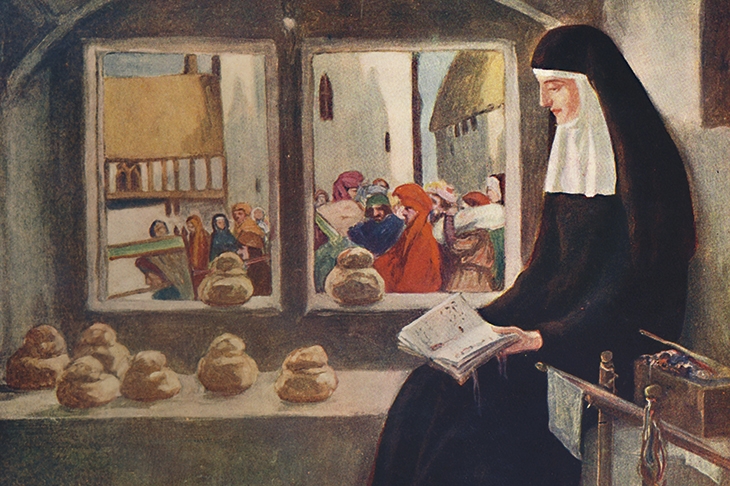
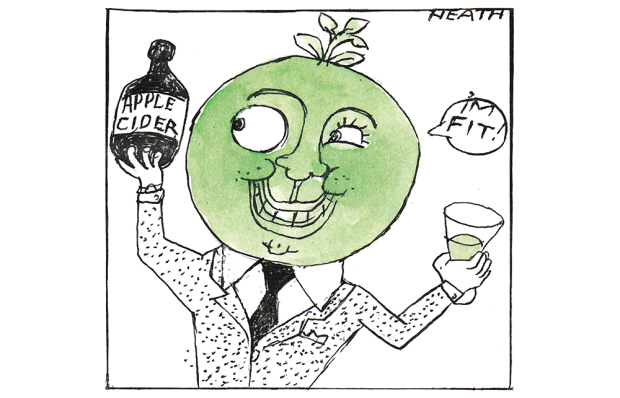
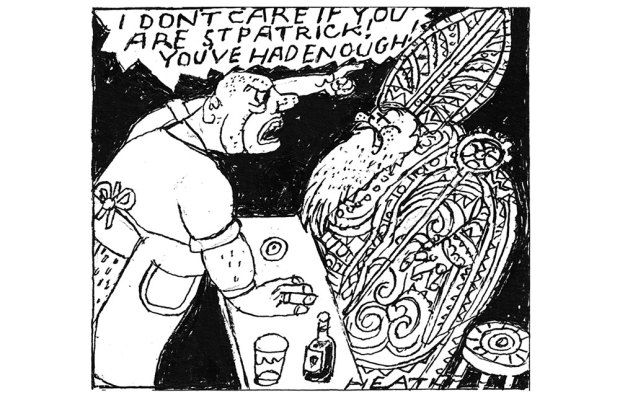
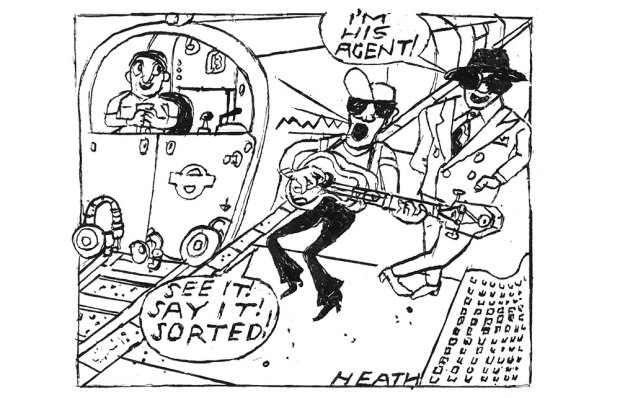
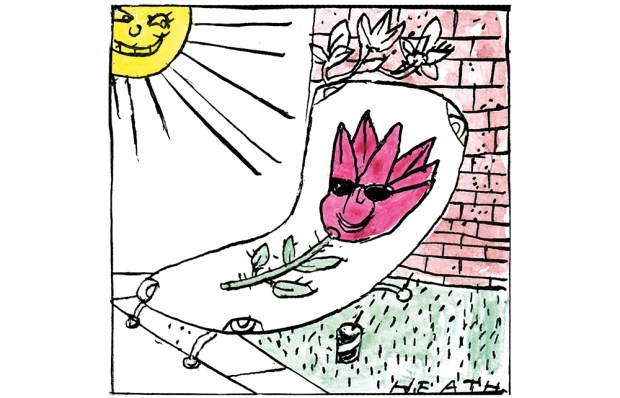
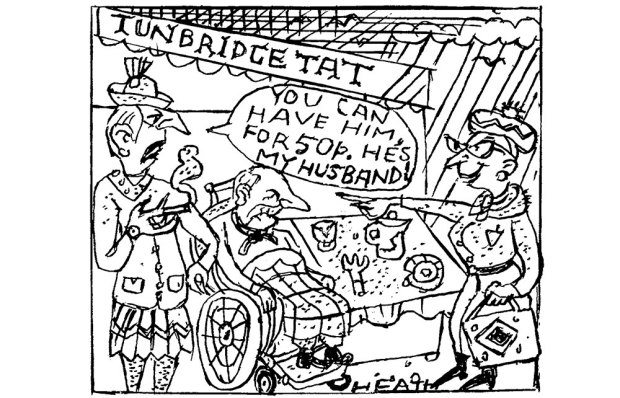
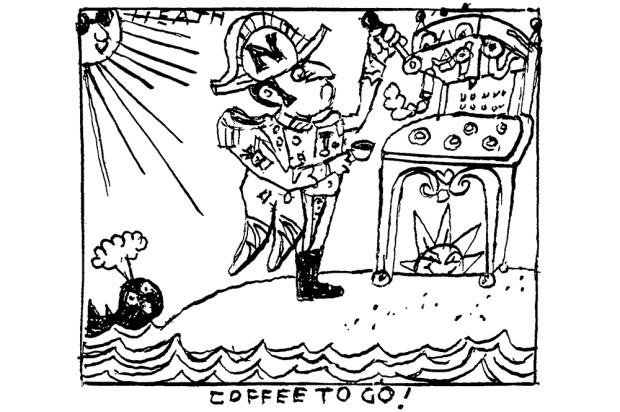






Comments
Don't miss out
Join the conversation with other Spectator Australia readers. Subscribe to leave a comment.
SUBSCRIBEAlready a subscriber? Log in